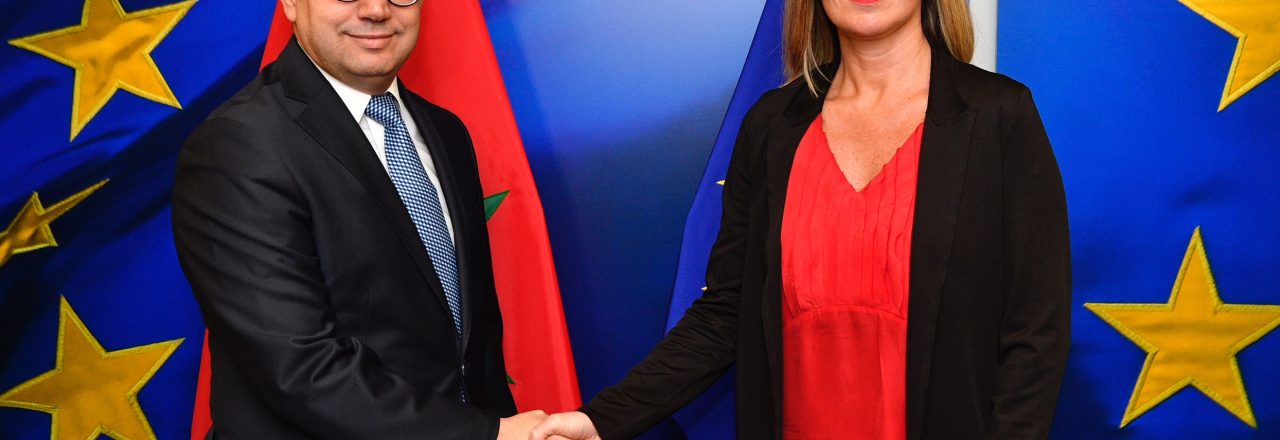
EU Funding for Morocco shows limited results, says European Court of Auditors
The European Court of Auditors (ECA) labels in a recent report the EU financial aid granted to Morocco between 2014 and 2018 as providing “limited added value and ability to support reforms”. The EU is Morocco’s biggest donor of development aid, with €1.4 billion programmed for the period 2014-2020, focusing on three priority sectors: social services, rule of law and sustainable growth. By the end of 2018, €562 million in contracts and €206 million in payments under the budget support instrument were disbursed. But the current EU’s average budget support for Morocco is of €132 million per year, which accounts for 0.37% of the country’s average annual budgetary expenditure, resulting in overall leverage limited. “EU budget for Morocco did not provide sufficient support for the country’s reforms and progress on key challenges was limited”, stated Hannu Takkula, the ECA Member responsible for the report. The auditors assessed the effectiveness of the European Commision’s management in the areas of health, social protection, justice and private sector development and concluded that it was hampered by weaknesses in the design, implementation, monitoring and assessment of results. According to the report, despite the fact that the EC addressed the needs identified in different strategies, the spread of the funds across too many areas has weakened its impact. Also the lack of rigorous controls on assessing results led to the payments being made even if the targets had not been achieved and even if the situation had actually deteriorated. Only half of the targets had been achieved by the end of 2018 and many of them were not ambitious enough to support meaningful reforms. “To maximise the impact of EU funding, the Commission should focus support on fewer sectors and strengthen the political and policy dialogue with Morocco”, recommends Takkula.
- The Euromed news are edited by the team of the Euro-Mediterranean Policies Department of the European Institute of the Mediterranean -


